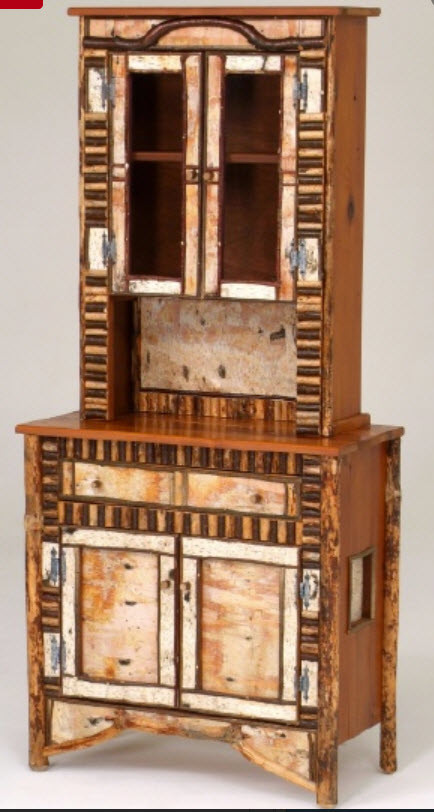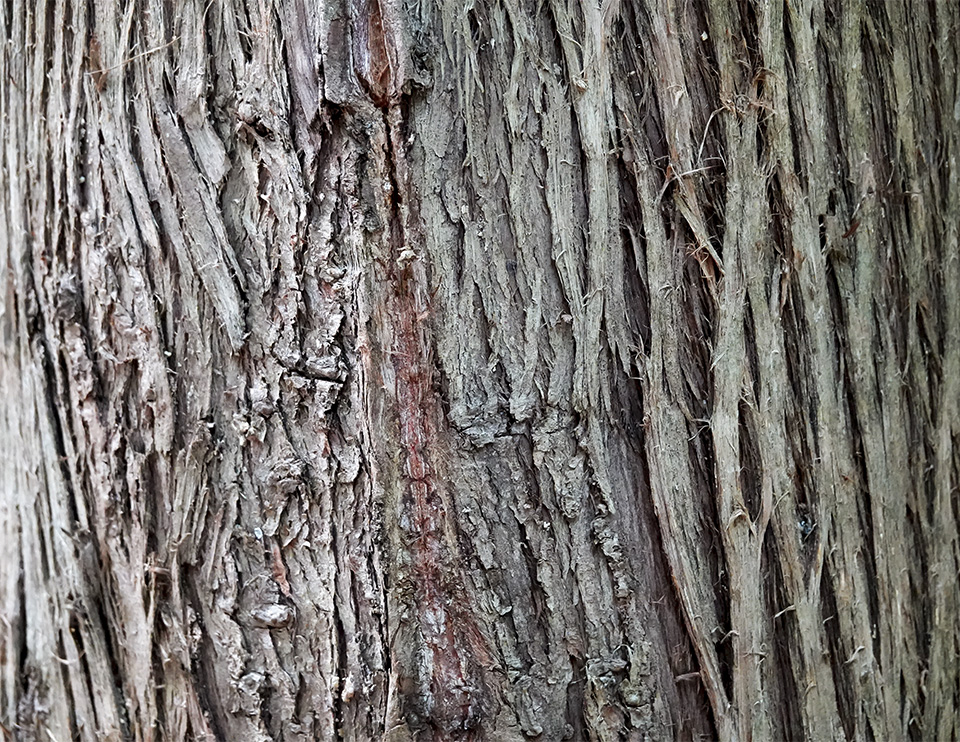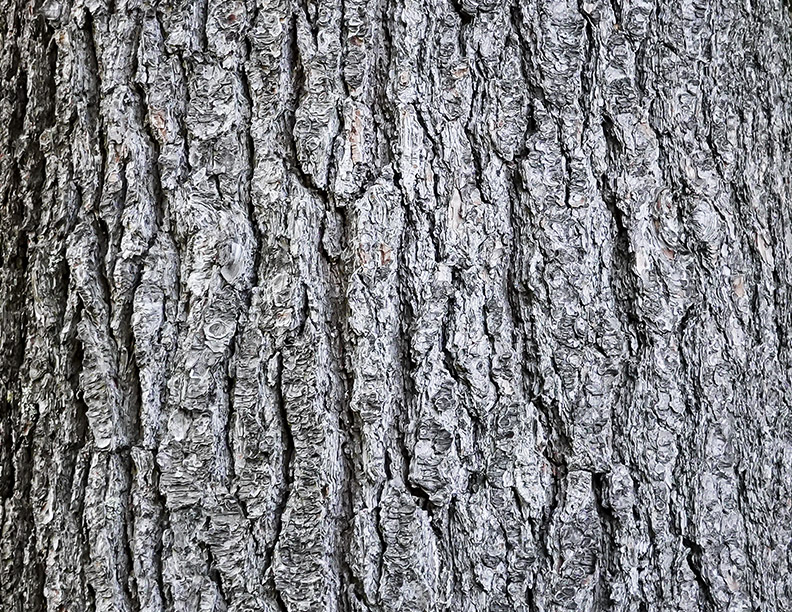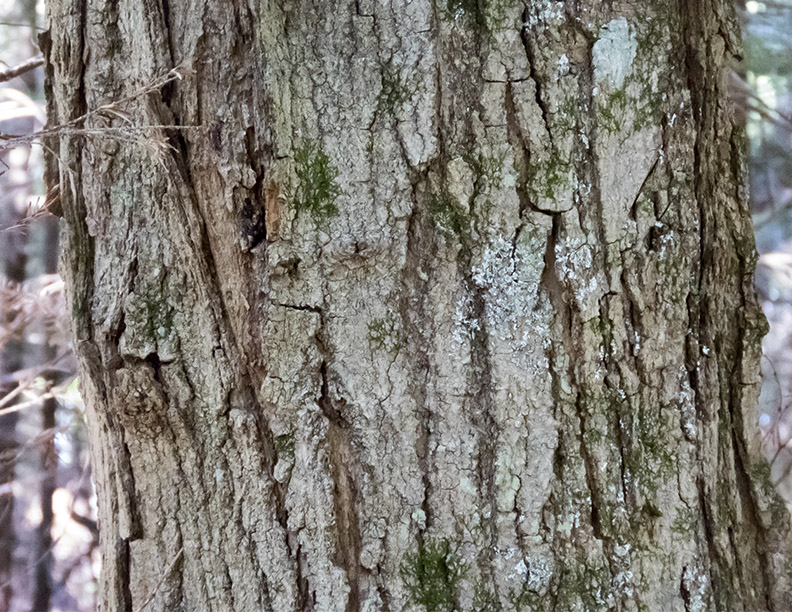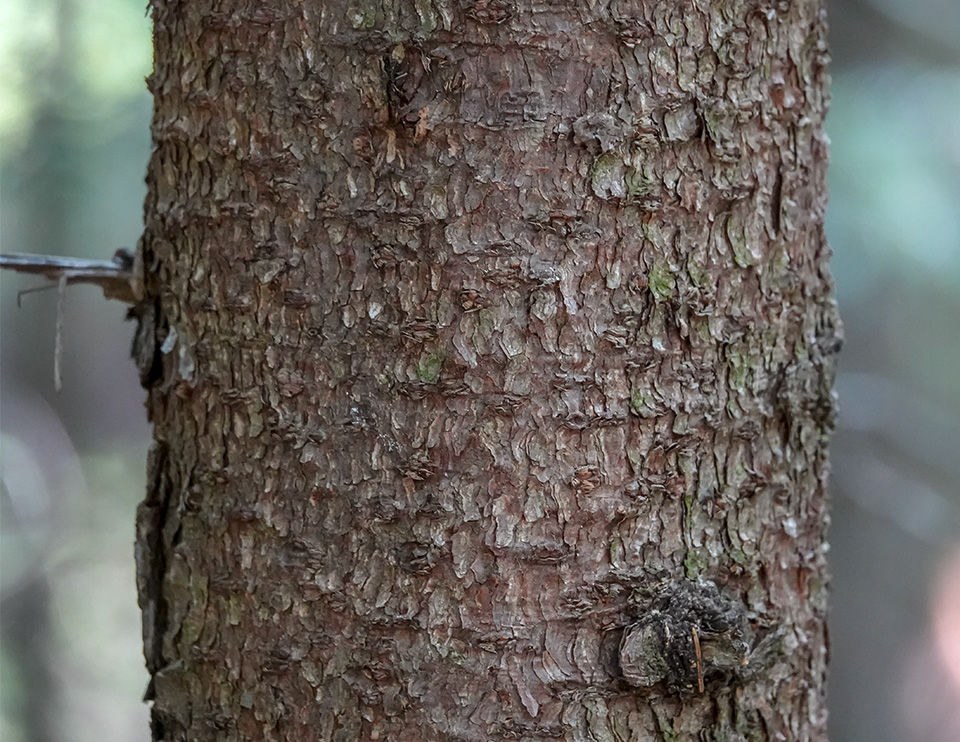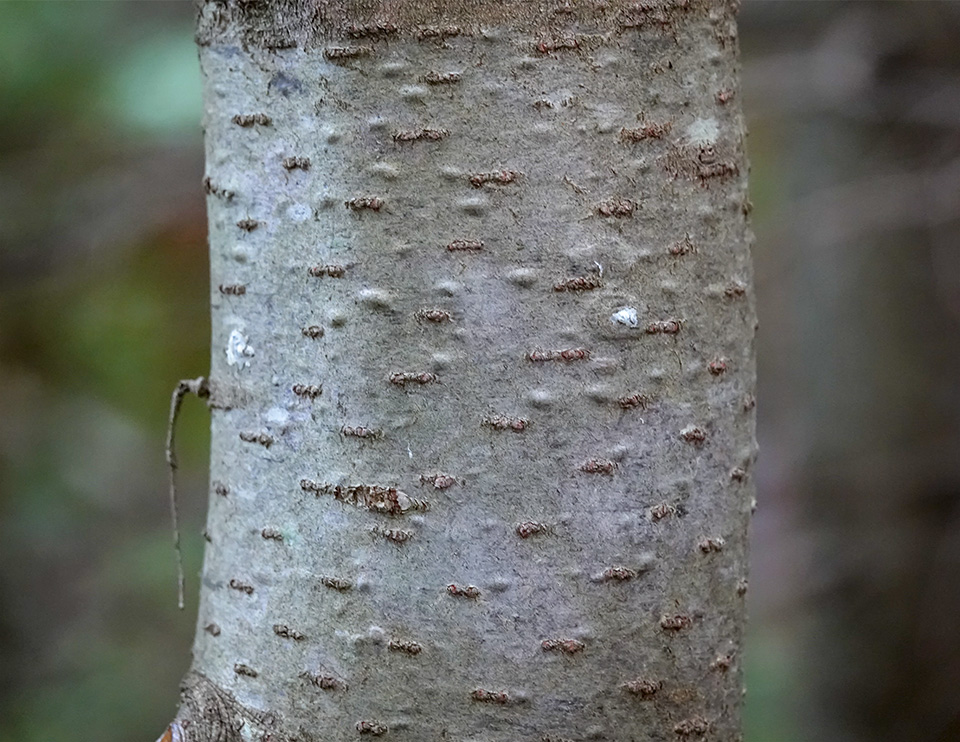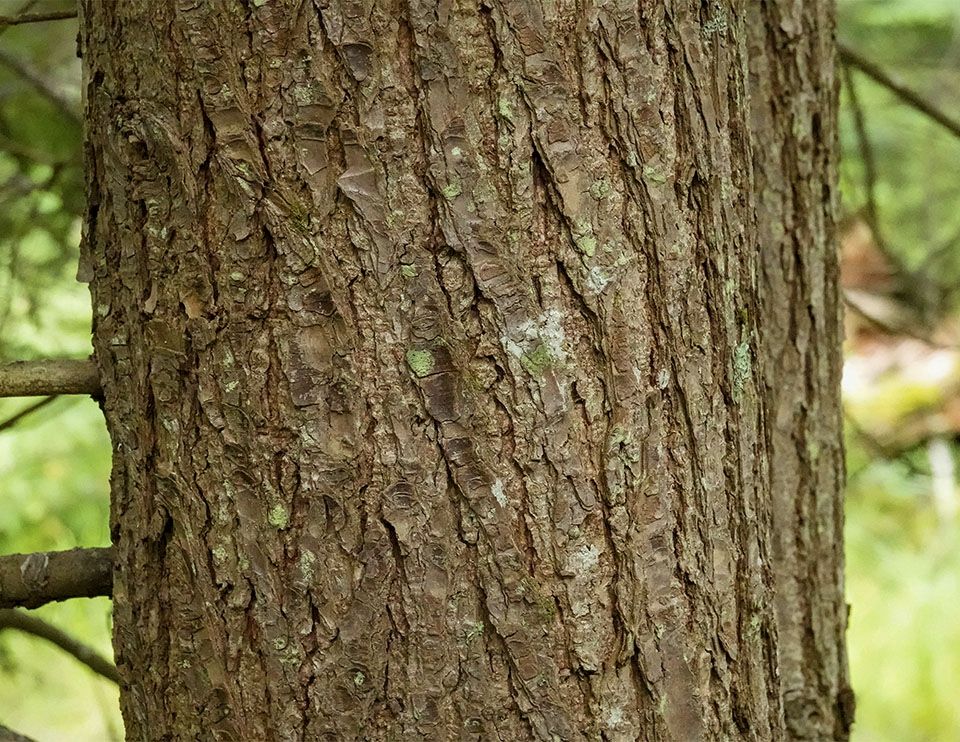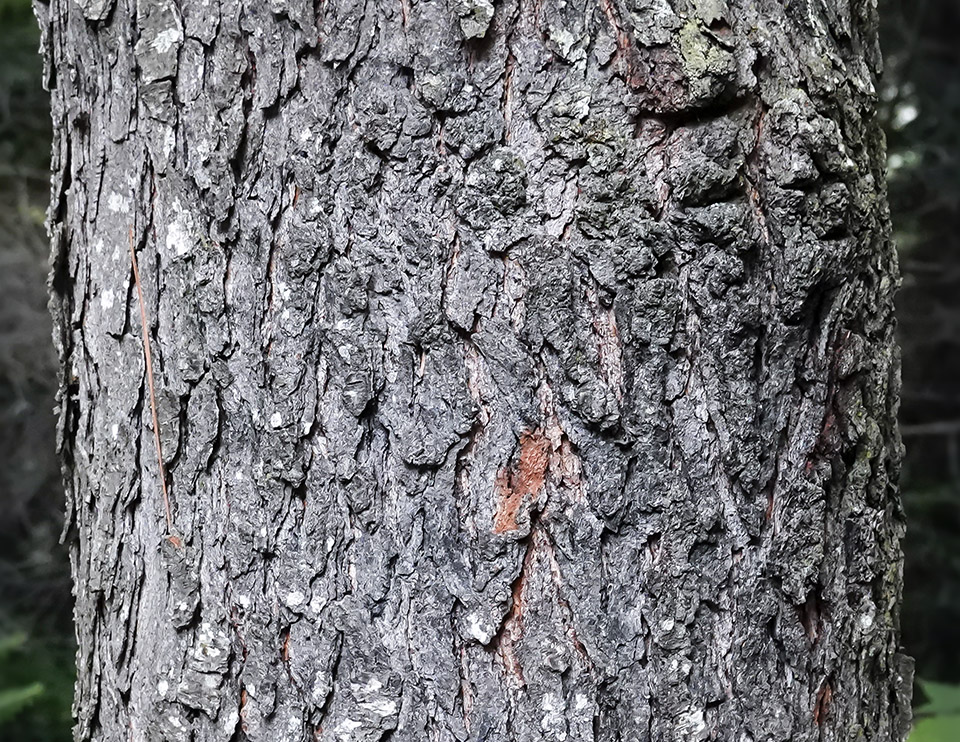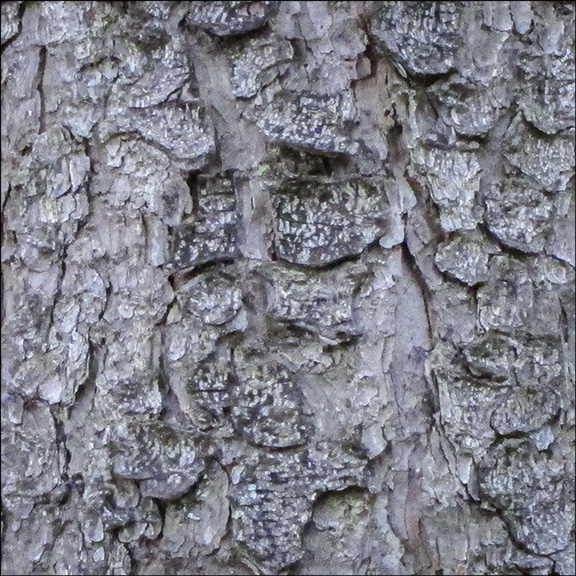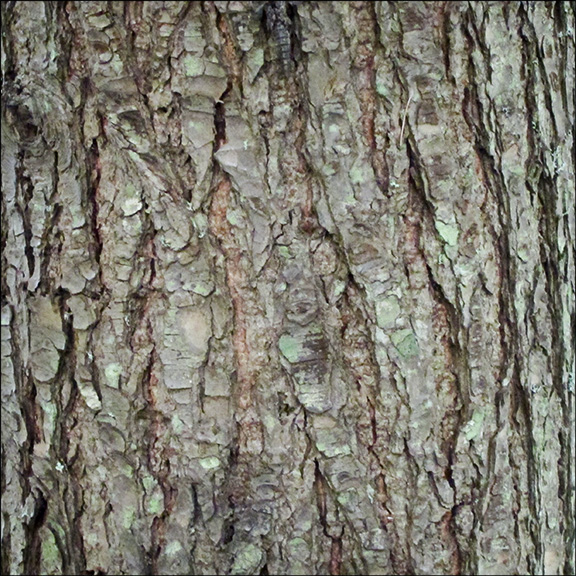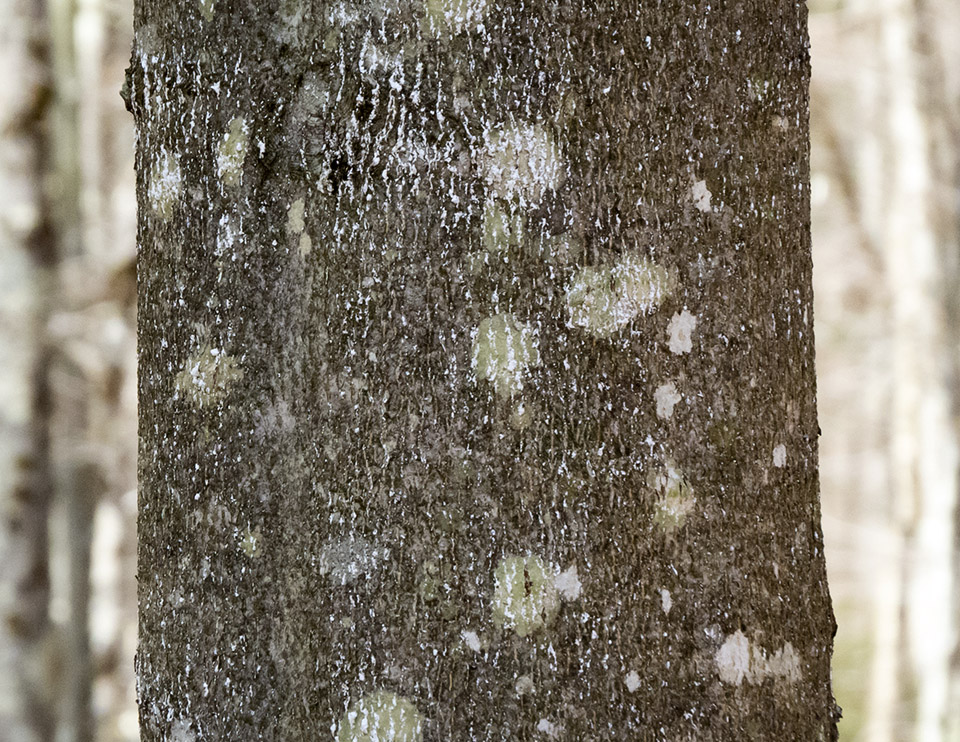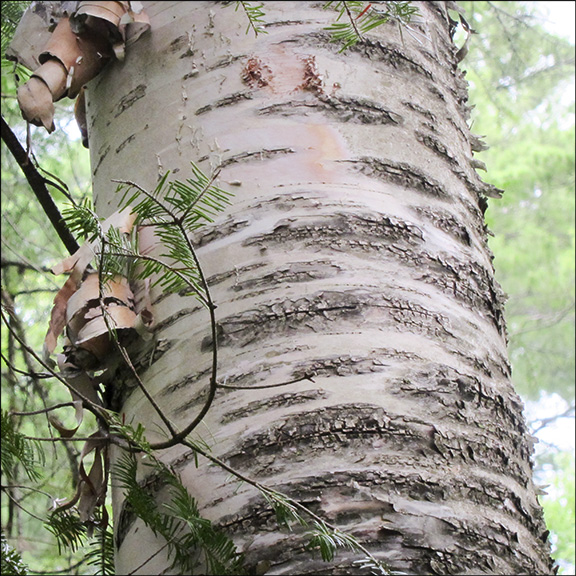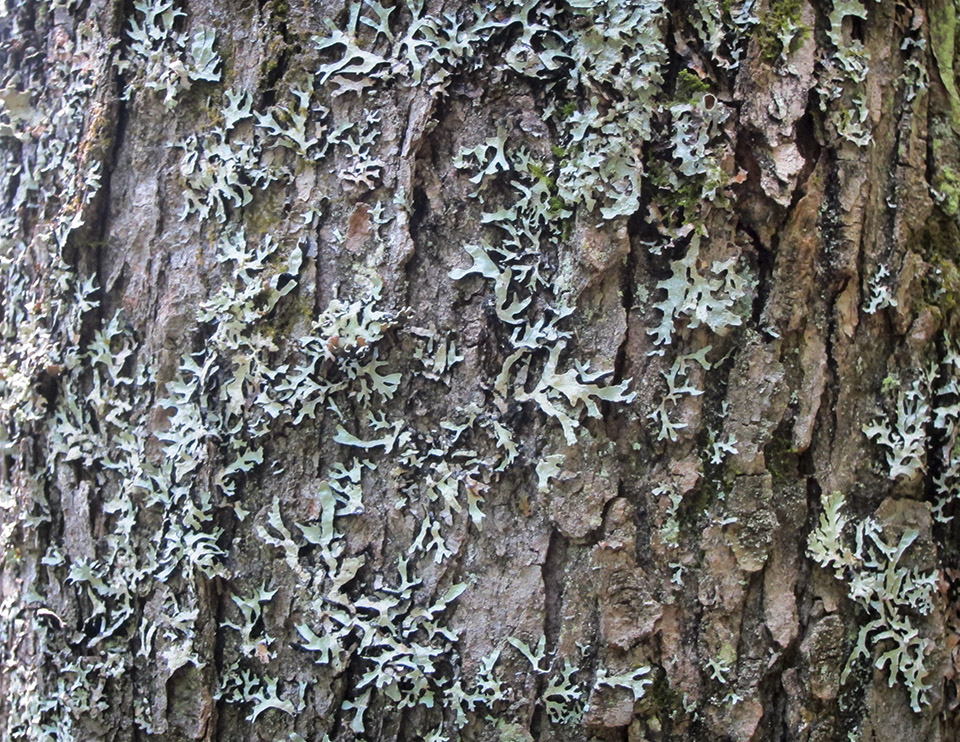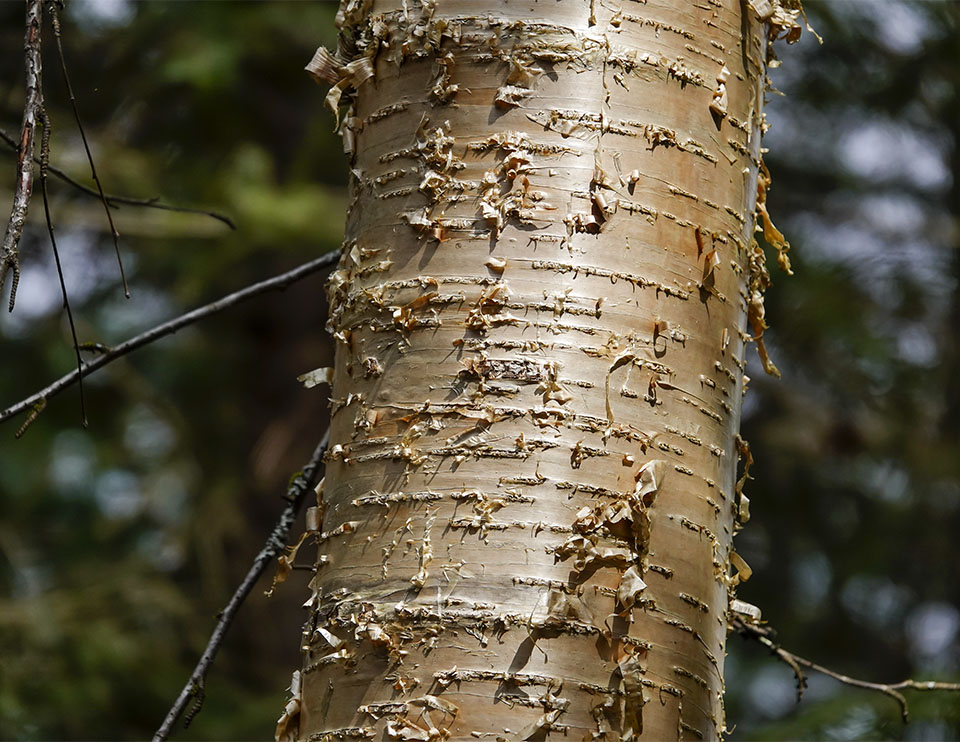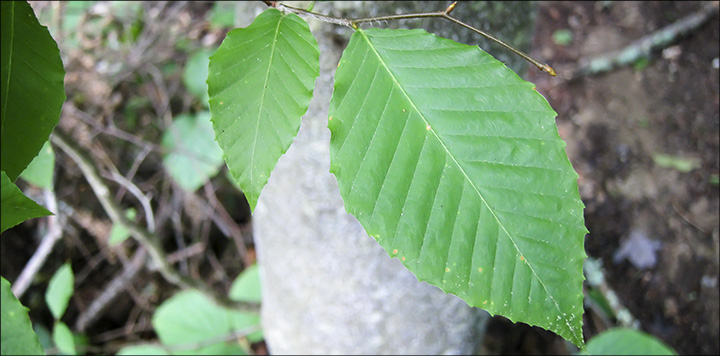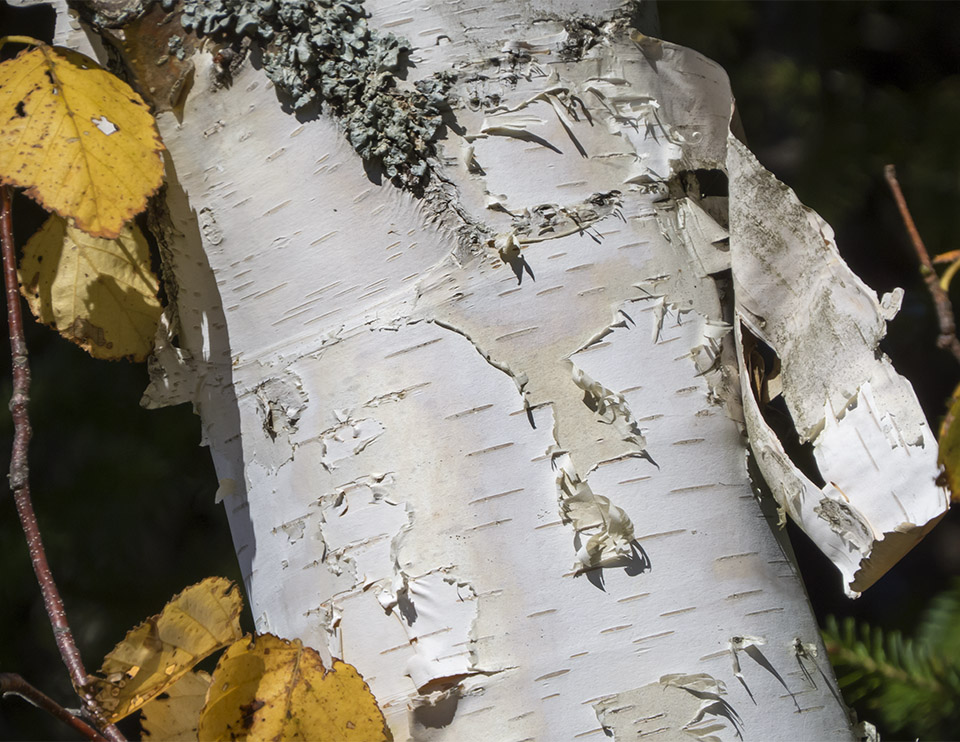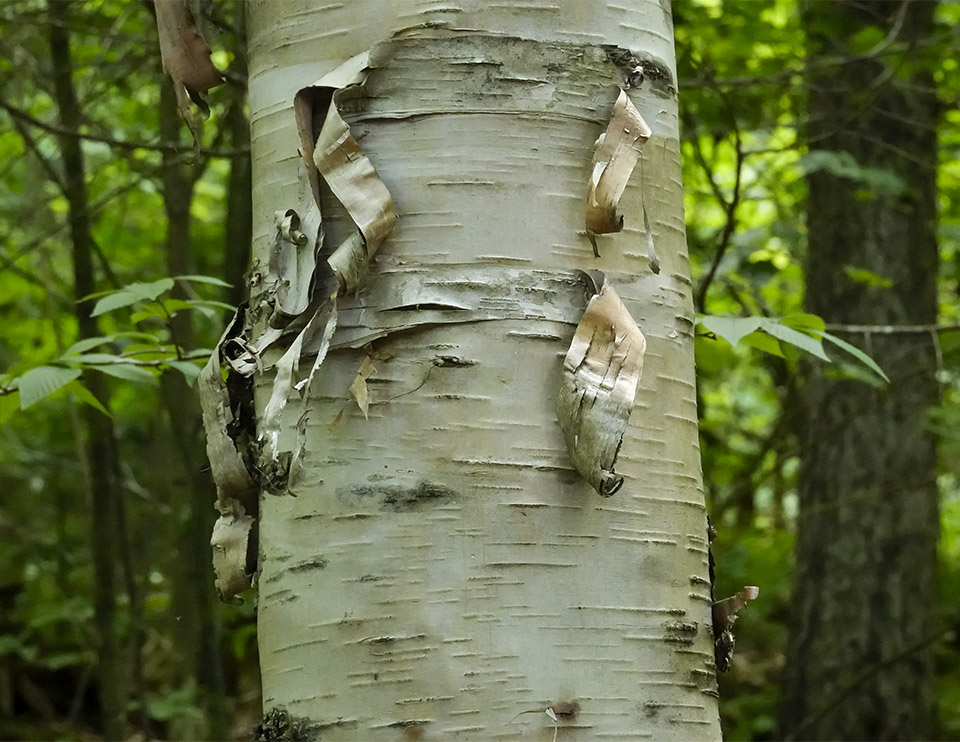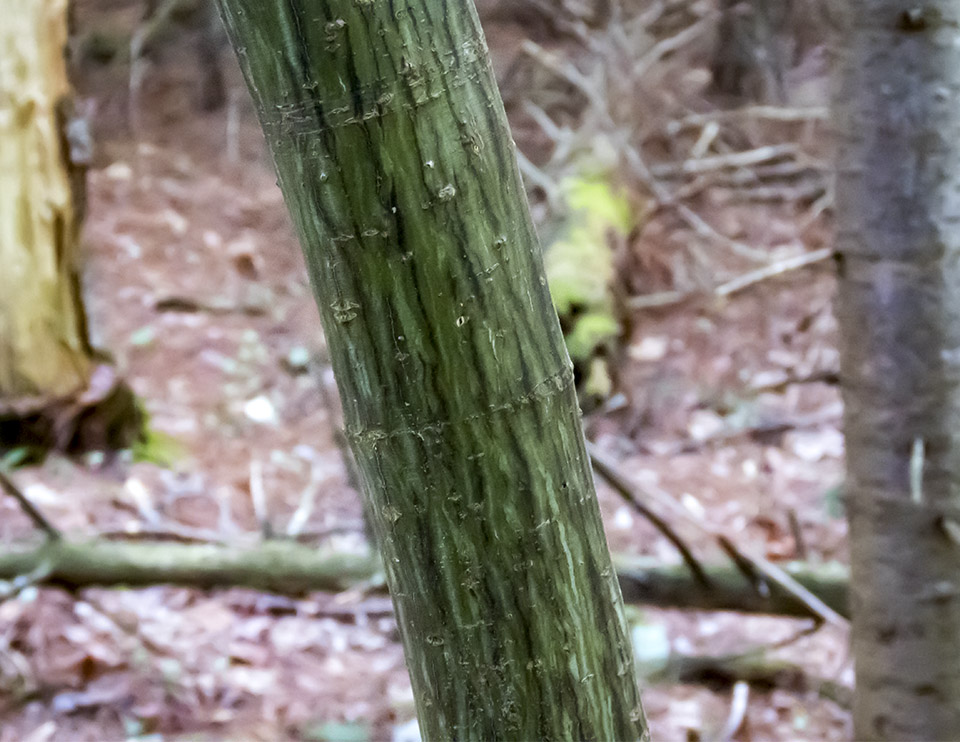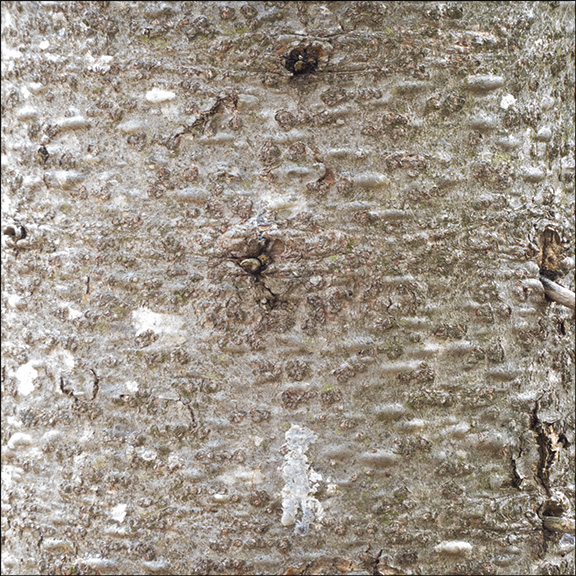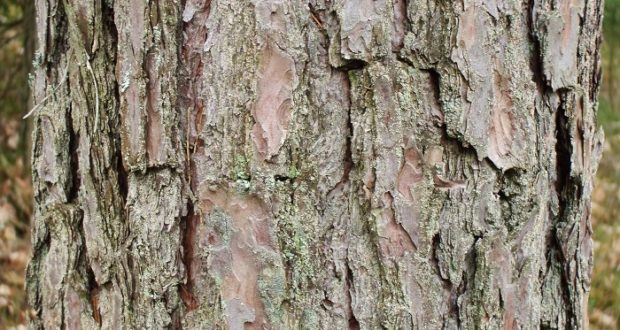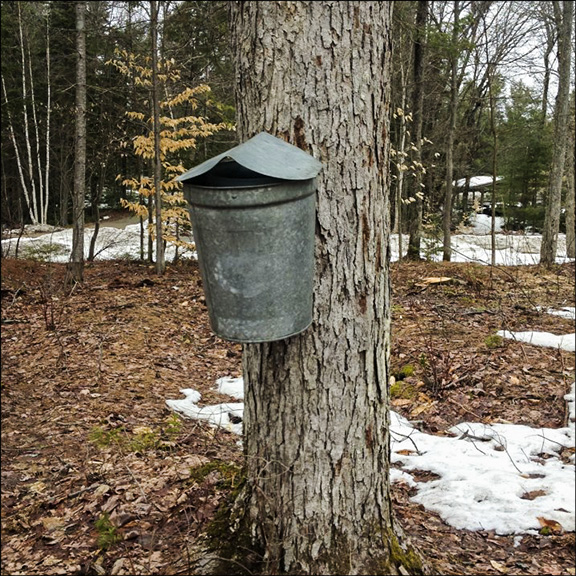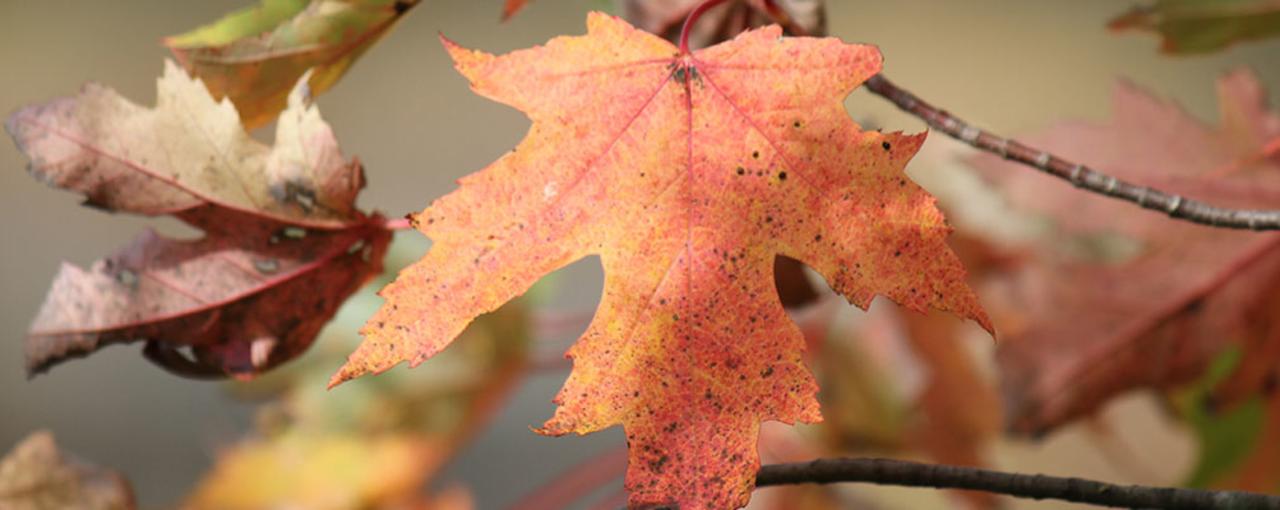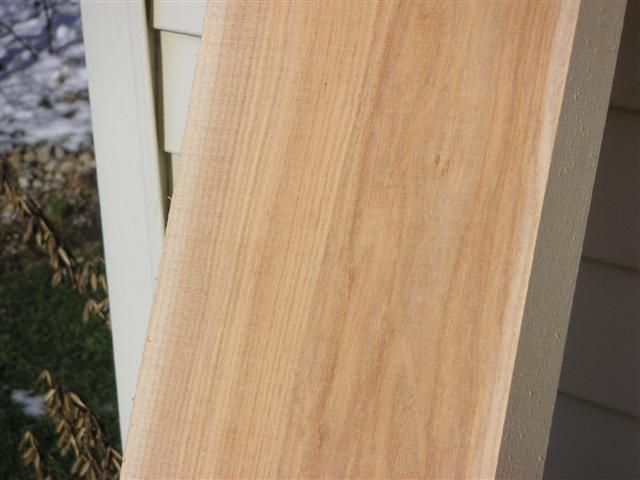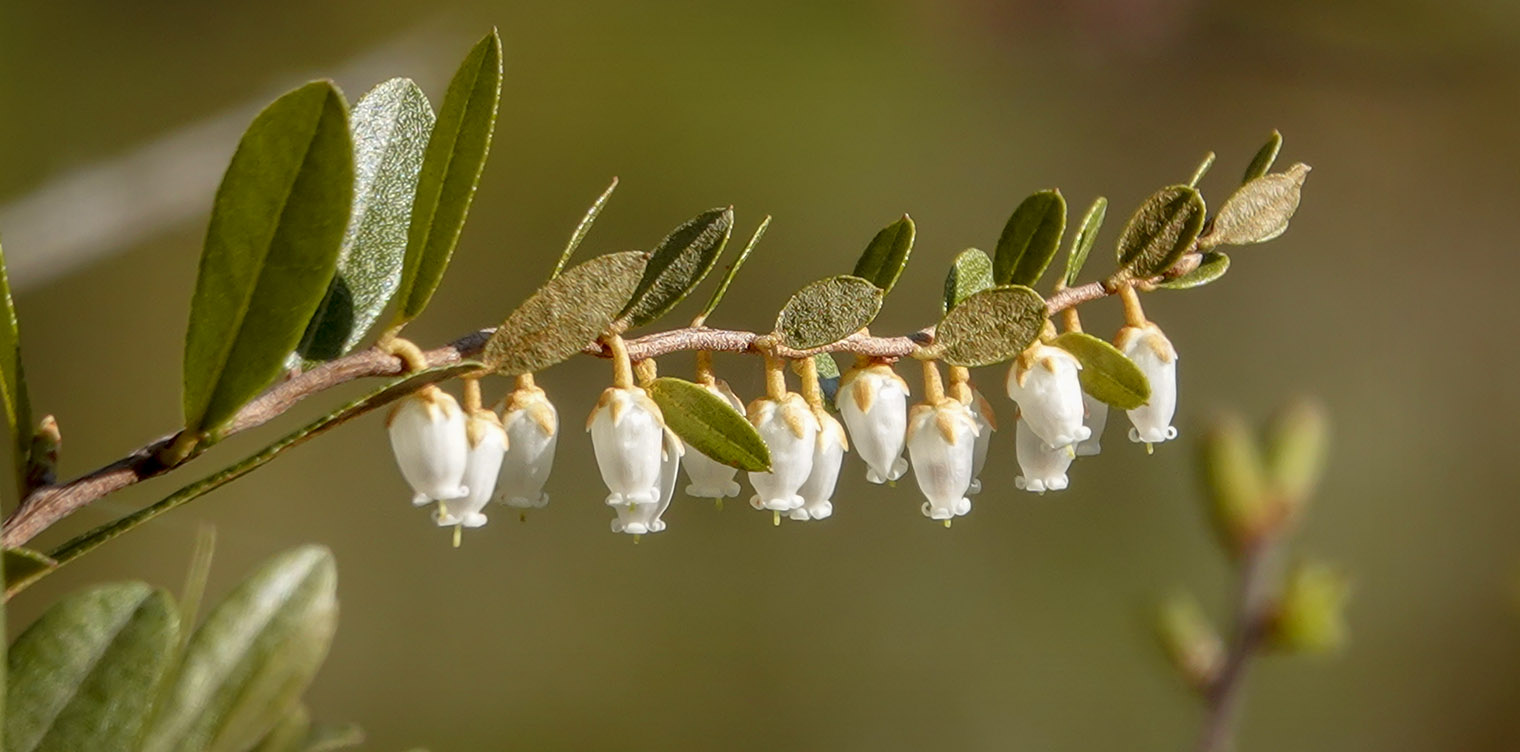The paper birch betula papyrifera is a small to medium sized fast growing deciduous tree usually found in mixed hardwood conifer forests in the northern us and canada including the adirondack mountains this tree a close relative of the yellow birch which also grows in our part of the adirondacks is a member of the birch family.
Adirondack hardwood identification bark.
Trees of the adirondacks.
Bark is not the best feature for identifying trees.
Demonstrating how to tell one leaf bereft hardwood from another is one thing.
Leaf veins thick and run from center to edge of leaf without branching 17 16.
In some cases however bark is the main identification key.
Fine blunt teeth leaves 2 to 6 inches long bark dark black cherry prunus serotina 16.
A fast growing but short lived pioneer species bigtooth aspen attains heights of 60 to 80 feet.
Ellen graduated from suny esf in 1988 with a bs in forestry and biology and has worked as a naturalist in new york.
Leaf at least 3 times as long as wide willow species common species include weeping willow and black willow 15.
It is a member of the willow family.
Bigtooth aspen populus grandidentata is a native deciduous tree which grows throughout northeastern north america including new york state and the adirondack mountains it is also known as largetooth aspen poplar or popple.
Cold or colder it s always outdoors but if student evaluations are on the level it s always fun.
Sure white bark means birch but some birches have black yellow or reddish bark.
Every winter i teach several tree identification classes to biology students.
Ellen rathbone adirondack tree.
Leaf veins thin and branch often 16 15.
Ellen rathbone is by her own admission a certified nature nut she began contributing to the adirondack almanack while living in newcomb when she was an environmental educator for the adirondack park agency s visitor interpretive centers for nearly ten years.
